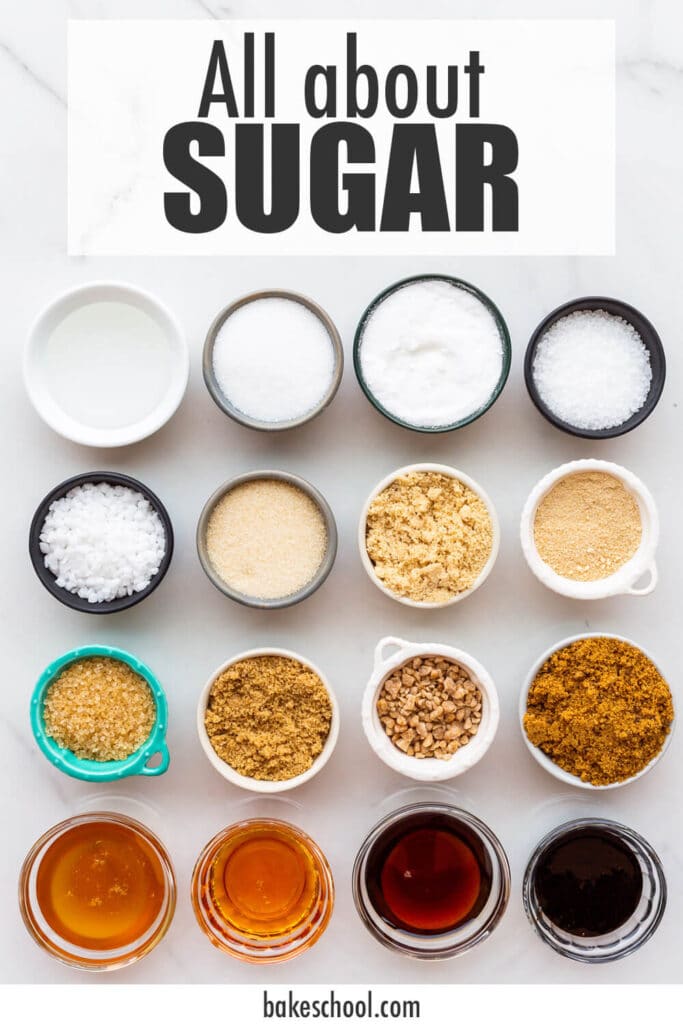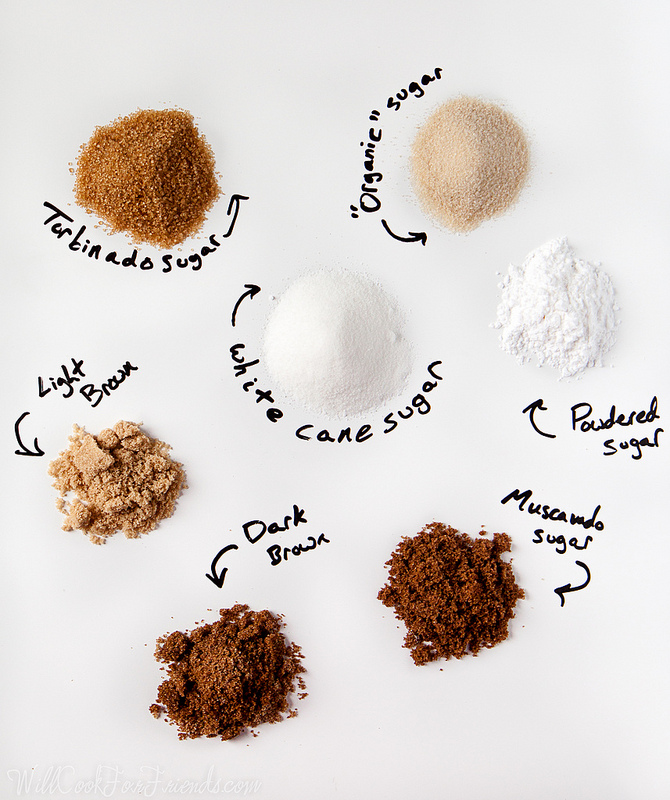
**Can You Use Cane Sugar Instead of Granulated Sugar? Yes, but Here’s What You Need to Know**
As a seasoned baker, I’ve often wondered about using alternative sugars in my recipes. When I stumbled upon cane sugar, a minimally processed sweetener, I was intrigued. So, I decided to explore its properties and discover if this natural alternative could replace granulated sugar in baking.
**What is Cane Sugar?**
Cane sugar, extracted from sugarcane, undergoes minimal refining and crystallization. Its golden color and molasses-like flavor add a distinct touch to sweet treats. Compared to granulated sugar, cane sugar contains trace amounts of minerals, including calcium, potassium, and iron.
**Differences with Granulated Sugar**
While cane sugar offers a subtle flavor variation, it also behaves differently than granulated sugar in baking. Here are some key differences:
- Grain size: Cane sugar has coarser crystals than granulated sugar, affecting its texture and solubility.
- Moisture: Cane sugar contains slightly more moisture, which can alter the texture of baked goods.
- Sweetness: Cane sugar is slightly less sweet than granulated sugar, so you may need to adjust measurements.
**Can You Substitute Cane Sugar for Granulated Sugar?**
Yes, you can generally substitute cane sugar for granulated sugar in a 1:1 ratio. However, due to its coarser texture, cane sugar may not dissolve as easily in liquids. To avoid crystallization, it’s best to dissolve cane sugar in warm liquids before adding it to mixtures.
**Tips for Using Cane Sugar**
- Adjust measurements: Since cane sugar is less sweet than granulated sugar, taste your batter or dough before baking to ensure sweetness.
- Dissolve first: For recipes requiring dissolved sugar, such as syrups or glazes, dissolve cane sugar in warm liquids before adding to the mixture.
- Consider texture: Cane sugar’s coarser crystals can add a slightly grainy texture to baked goods. If desired, you can blend or grind cane sugar to create a finer texture.
**FAQs**
Q: Is cane sugar healthier than granulated sugar?
A: Cane sugar contains trace amounts of minerals, but both cane sugar and granulated sugar are essentially pure sucrose.
Q: Can I use cane sugar in all baking recipes?
A: Yes, but keep in mind the differences in texture and sweetness and adjust measurements as necessary.
Q: Does cane sugar brown faster than granulated sugar?
A: Yes, cane sugar’s natural molasses content caramelizes faster than the refined granulated sugar.
**Conclusion**
Using cane sugar instead of granulated sugar adds a subtle flavor twist to baking. While it can be substituted in a 1:1 ratio, it’s essential to understand its differences and adjust measurements accordingly. By following these tips and expert advice, you can seamlessly incorporate cane sugar into your baking adventures.
Are you interested in further exploring the world of alternative sweeteners? Let us know your questions or experiences in the comments below.

Image: willcookforfriends.com

Image: br.pinterest.com
7 Natural Sugar Substitutes to Try in Your Cooking & Baking The molasses in cane sugar adds a depth of flavor that is often missing in granulated sugar. It has a hint of caramel and toffee notes, which can give your baked goods a more complex and interesting taste. In terms of texture, cane sugar tends to be slightly coarser than granulated sugar. This can contribute to a chewier and more moist texture